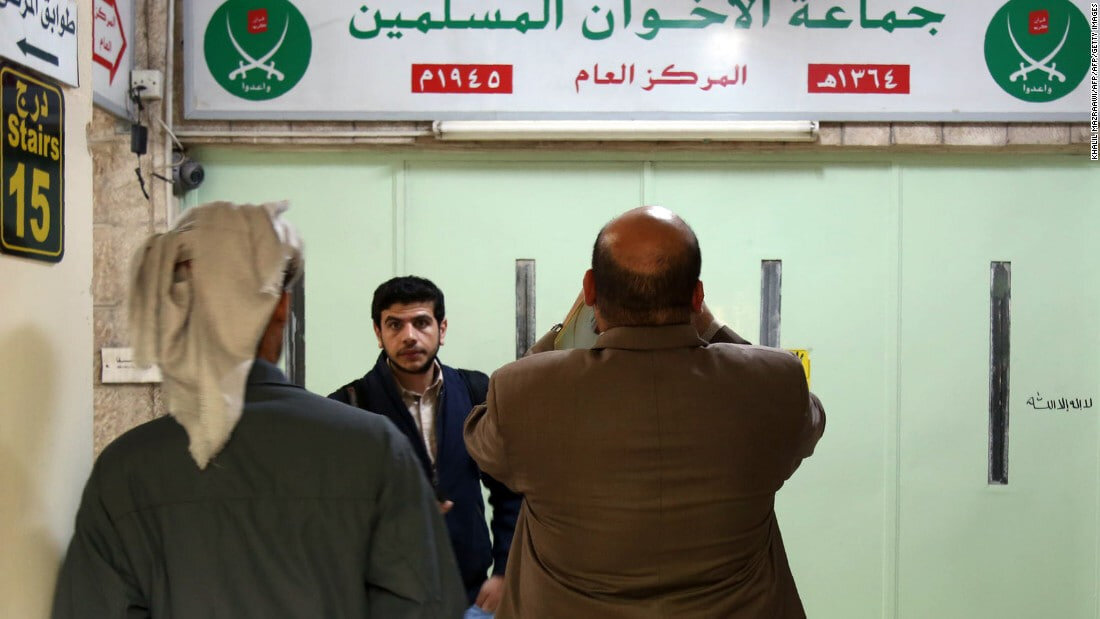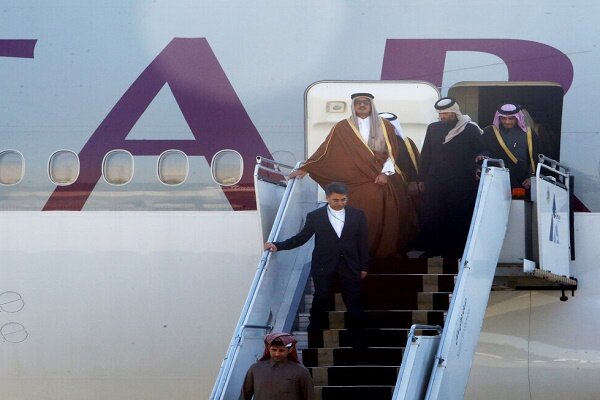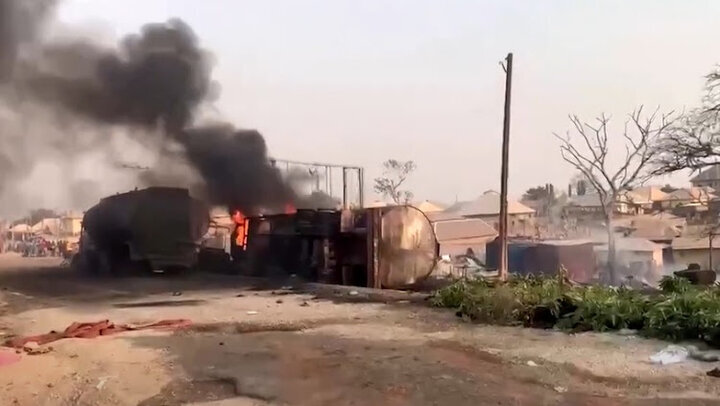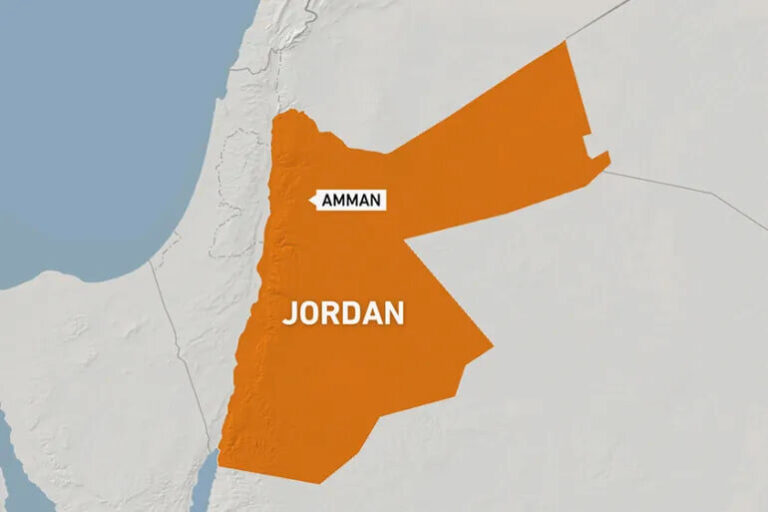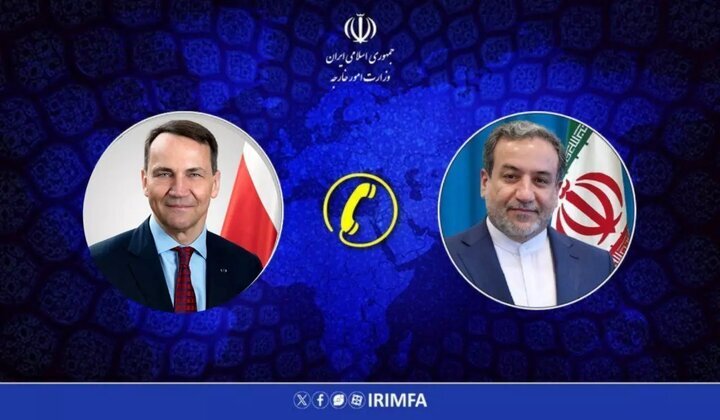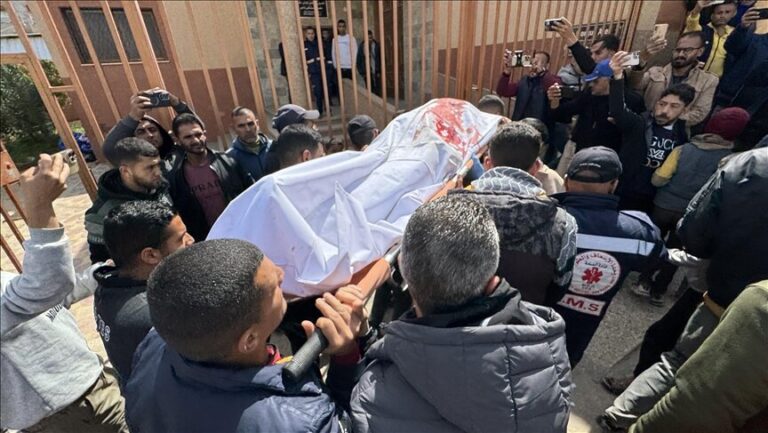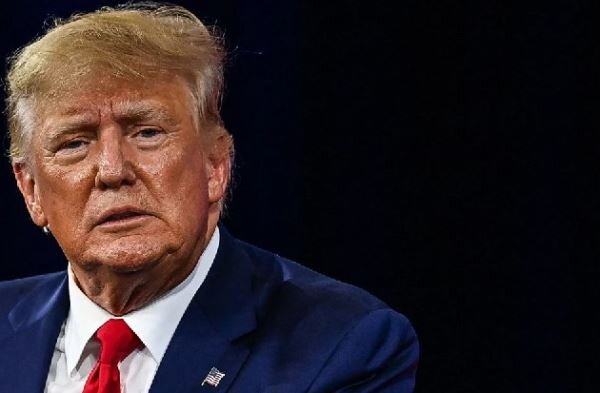Jordan Bans Muslim Brotherhood and Seizes Its Assets: A Bold Move in Political Landscape
On Wednesday, Jordan made a significant announcement regarding the Muslim Brotherhood, a well-known transnational Islamist movement. The Jordanian government has decided to ban all activities related to the Brotherhood, citing serious accusations of manufacturing weapons and plotting to destabilize the kingdom. This decision follows the recent arrest of 16 individuals, including members of the organization, who were allegedly involved in a sabotage plot.
Interior Minister Mazen al-Faraya addressed reporters, stating, “It has been decided to ban all activities of the so-called Muslim Brotherhood and to consider any activity (carried out by it) a violation of the provisions of the law.” He further emphasized that any offices or headquarters used by the group would be closed, even if they were in collaboration with other entities. This robust action may indicate the onset of a larger crackdown on the party, a possibility hinted at by a security source who spoke to Reuters.
The Muslim Brotherhood has long been active in Jordan, despite a ruling by the country’s highest court in 2020 that ordered its dissolution. Until now, Jordanian authorities had largely overlooked its operations. The Brotherhood’s political arm, the Islamic Action Front, serves as Jordan’s main opposition party and holds the largest number of parliamentary seats, having secured 31 out of 138 in the recent September elections.
- Confiscation of Assets: Faraya announced plans to confiscate the group’s assets in accordance with judicial rulings.
- Prohibition of Promotion: The promotion of the Brotherhood’s ideas will be prohibited, with legal consequences for violations.
- Membership Ban: Membership in the group is now considered a prohibited act.
Amman, the capital city, hosts several Muslim Brotherhood offices where the group frequently issues statements and organizes rallies, particularly in support of the Palestinians amid the ongoing Gaza conflict that escalated in October 2023. Faraya warned that any collaboration with the Muslim Brotherhood, as well as the dissemination of their content, is strictly banned.
It remains unclear whether the ban extends to the Islamic Action Front, the political wing of the Brotherhood. During a parliamentary session earlier this week, some legislators advocated for outlawing the Brotherhood’s activities and suspending MPs associated with the Islamic Action Front.
On April 15, Jordan’s intelligence service announced the apprehension of 16 individuals on terrorism-related charges, alleging that they were involved in the manufacturing and possession of weapons, including rockets. The Muslim Brotherhood has denied any involvement in such plots, labeling them as the actions of individuals supporting Palestinian “resistance”. The group maintains that it has consistently backed “Jordan’s security and stability”.
Faraya accused members of the Brotherhood of operating clandestinely and engaging in activities that could jeopardize the nation’s stability and security. He claimed that authorities discovered “explosives and weapons transported between Jordanian cities and stored in residential areas,” as well as covert facilities for missile manufacturing and operations for training and recruitment connected to the group. “No country can accept,” he asserted, such dangerous activities.
Historically, Jordan has tolerated the Muslim Brotherhood for decades. However, since 2014, the Jordanian authorities have classified the group as illegal, arguing that its license was not renewed under a law enacted that year. The Brotherhood contends that it had previously obtained licenses under older laws from the 1940s and 1950s. Despite a decline in relations with the state, the group has continued its operations, particularly after the government authorized a splinter faction known as the Muslim Brotherhood Association in 2015.
The situation surrounding the Muslim Brotherhood is complex, as the organization has faced bans in several other Arab nations yet has enjoyed grassroots support in Jordan for many years. As the Jordanian government takes these decisive steps, the implications for the Brotherhood, its political activities, and its supporters remain to be fully understood.
In conclusion, the crackdown on the Muslim Brotherhood by the Jordanian government marks a significant shift in its approach to the organization. With increasing tensions and allegations of unlawful activities, the future of the Brotherhood and its political wing in Jordan is uncertain. The government’s strong stance could lead to further actions against the group, reshaping the political landscape in the kingdom.
